|
Please join Point Reyes National Seashore staff for Science Lectures, 45 minute presentations on scientific research being performed at Point Reyes and elsewhere in the California. Science Lectures are sponsored by the Pacific Coast Science and Learning Center at Point Reyes National Seashore. They usually occur at noon on many Thursdays throughout the year and are normally held at the Red Barn Classroom at Point Reyes National Seashore's Headquarters. All are welcome and admission is free. Visit our Science Lectures page to learn about upcoming lectures. One Brown Bag Lectures was offered in 2019: 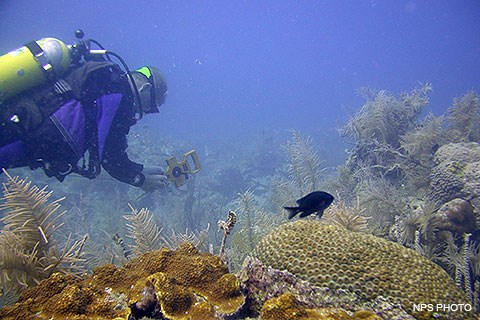
Date: Thursday, April 4, 2019 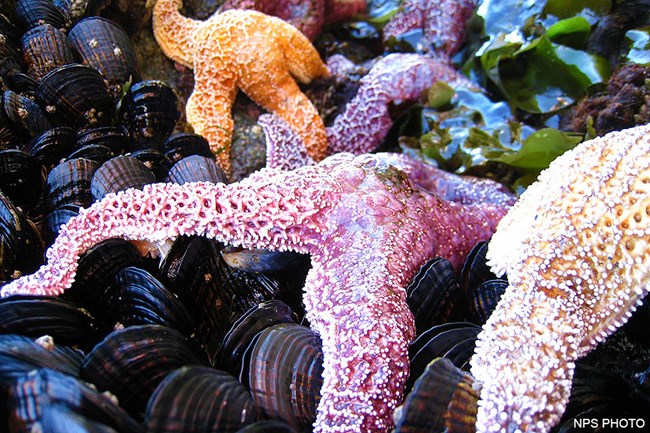
Date: Thursday, May 16, 2019 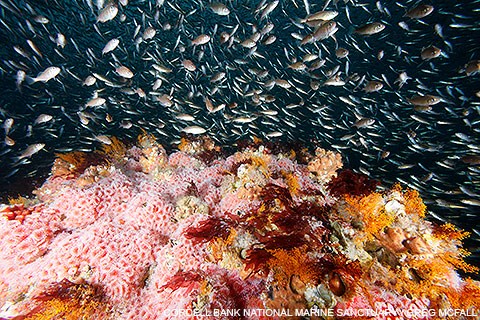
Date: Thursday, October 10, 2019 The E/V Nautilus is operated by the non-profit organization Ocean Exploration Trust, founded in 2008 by Dr. Robert Ballard to engage in pure ocean exploration. Their international programs center on scientific exploration of the seafloor and many of our expeditions are launched from aboard Exploration Vessel (E/V) Nautilus, a 64-meter research vessel operated by the Ocean Exploration Trust. In addition to conducting scientific research, they offer our expeditions to explorers on shore via live video, audio, and data feeds from the field. They also bring educators and students of all ages aboard during E/V Nautilus expeditions, offering them hands-on experience in ocean exploration, research, and communications. 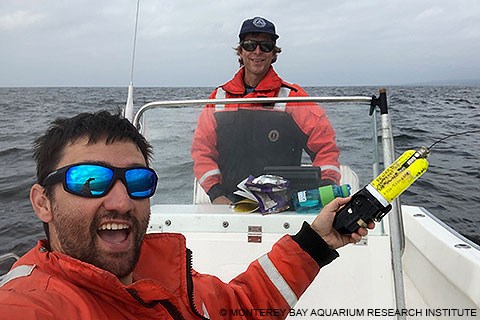
© Monterey Bay Aquarium Research Institute. Date: Thursday, November 21, 2019 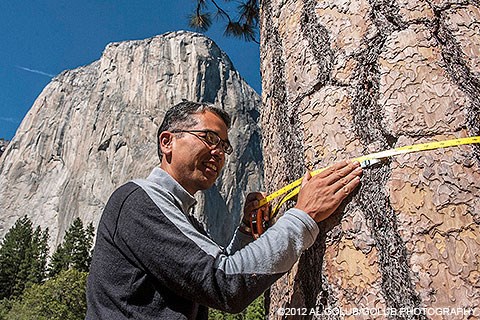
©2012 Al Golub/Golub Photography. Date: Thursday, December 5, 2019 For more information about the Brown Bag Lectures, contact Ben Becker at 415-464-5187 or by email. |
Last updated: April 28, 2024
